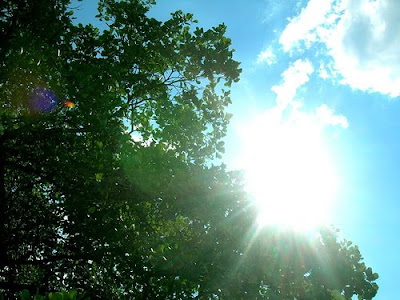Symptoms:
- Depression
- Sleep problems (insomnia/ sleeping too much/ at odd hours)
- Lethargy
- Overeating
- Physical symptoms (infections, joint pain etc.)
Causes:
- Lack of bright light during winter. Nerve centres in our brain controlling our daily rhythms and moods are stimulated by the amount of light entering the eyes. As night falls, the pineal gland starts to produce a substance called melatonin that tells our body clock it's night time; bright light at daybreak is the signal for the gland to stop producing this melatonin. But on dull winter days, especially indoors, not enough light is received to trigger this waking up process.Light is also linked to serotonin (also known as or 5HT), a neurotransmitter in the brain.
Treatment:
- Get as much bright light everyday as possible. The preferred level of light is about as bright as a spring morning on a clear day and for most people sitting in front of a light like this for around 30 minutes a day will be sufficient to alleviate the symptoms. You don't have to stare at the light, so you can watch TV or read or similar, just make sure that light reaches your eyes.


No comments:
Post a Comment